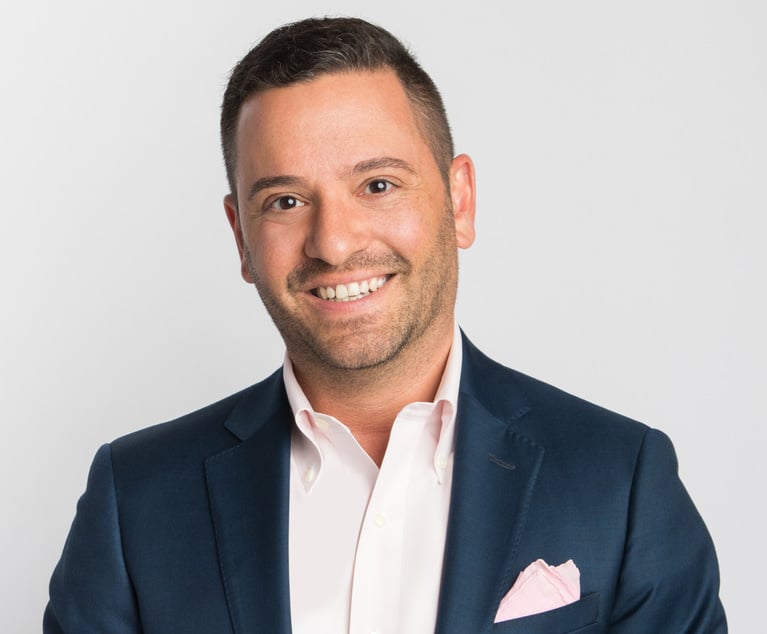Many institutions in our modern society have access to private information about people. For example, cooperative and condominium boards and their managing agents routinely become privy to confidential personal and financial information concerning their shareholders or unit owners and others. Such information may include financial information, background information such as criminal history, and medical information.
Sometimes it is obvious that this information should be kept as confidential as possible and used solely for the reason it was obtained. But at other times, the holder of such information may be asked to disclose it information in an attempt to protect others. In such circumstances, the entity holding the information may seek guidance regarding its legal duties under New York law. Unfortunately, in many cases, the answer is unclear.


 Shutterstock
Shutterstock




